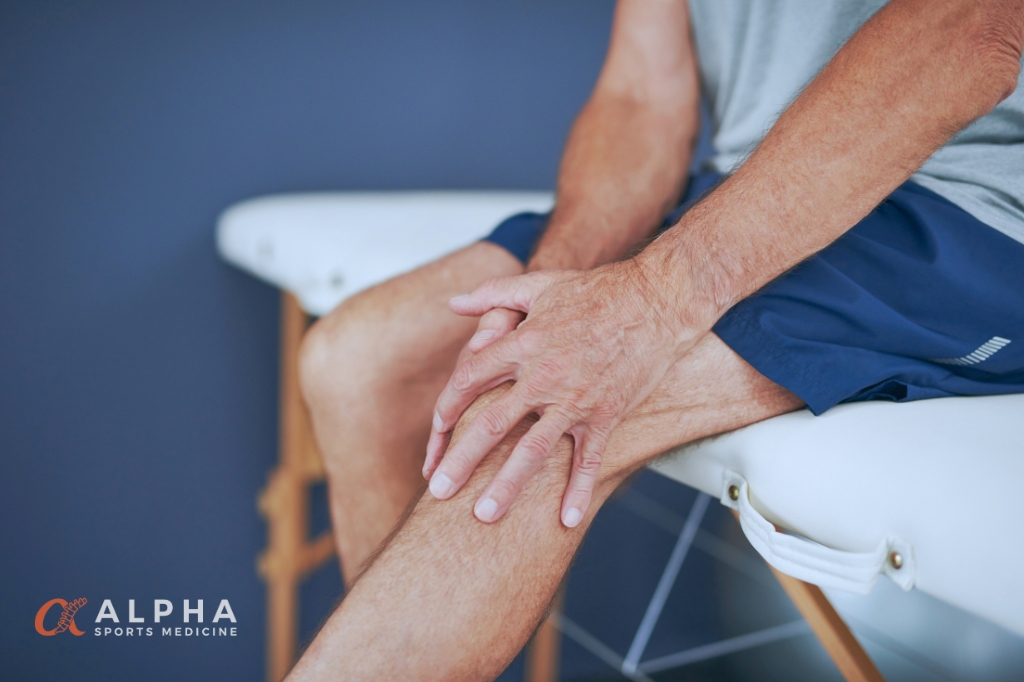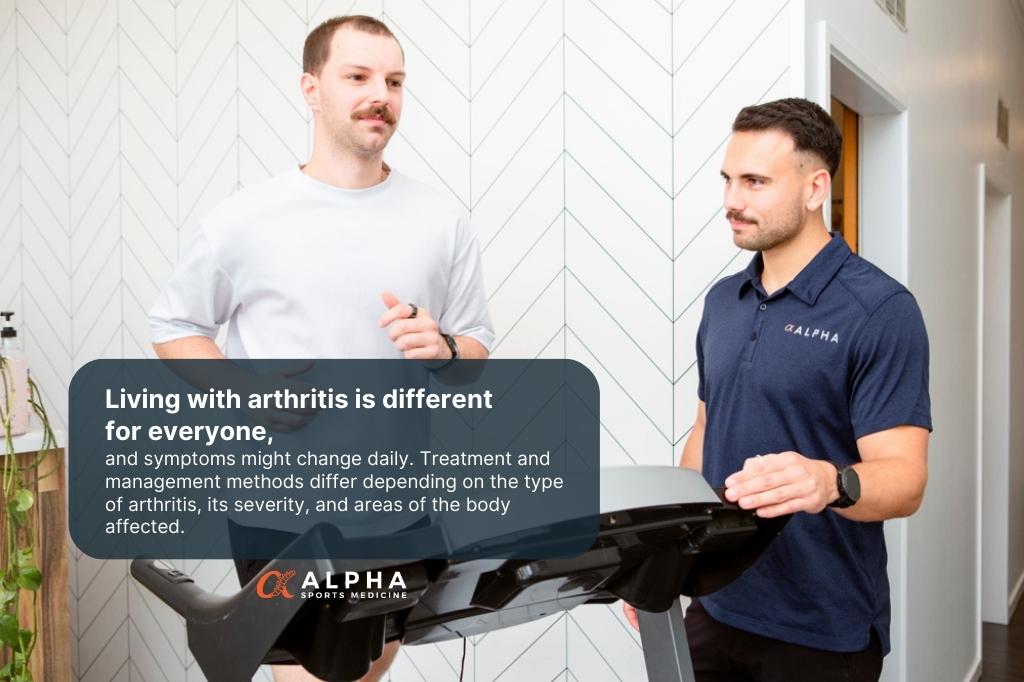Are you struggling with arthritis pain and looking for a solution that doesn’t involve medication or surgery? Physiotherapy may be the answer you’ve been searching for.
Arthritis is a common condition that affects millions of people worldwide. It causes joint pain, stiffness, and inflammation, making everyday tasks difficult and uncomfortable. While medications and surgical options are available, they may only suit some and can come with risks and side effects.
Physiotherapy offers a non-invasive and holistic approach to managing arthritis pain and improving joint function. By targeting the underlying causes of the condition and using a combination of exercises, manual therapy, and other techniques, physiotherapy can help alleviate pain, increase mobility, and enhance the overall quality of life for people with arthritis.
Let’s explore the various benefits of physiotherapy for arthritis and how it can be an effective treatment option for those seeking natural and long-term relief.
What is arthritis?
Arthritis is a disease that affects the joints that connect the bones. It has both acute and chronic manifestations and is associated with joint inflammation. Patients with arthritis endure pain, stiffness, and discomfort while moving.
Living with arthritis is different for everyone, and symptoms might change daily. Treatment and management methods differ depending on the type of arthritis, its severity, and areas of the body affected.
Arthritis has no known cure. Medical treatment, including medication, physiotherapy, exercise, and self-management approaches, are all possible therapeutic choices.
The 2 Types of Arthritis
1. Osteoarthritis
Osteoarthritis is arthritis when the cartilage between two joints becomes worn down and damaged. This condition is most common in older adults, though it can affect people of all ages. As the cartilage wears away, the bones rub against one another, causing pain and stiffness.
2. Rheumatoid arthritis
Rheumatoid arthritis is a chronic autoimmune disorder that affects the joints. It causes inflammation, swelling, and pain in the affected areas. The condition can be disabling and lead to loss of function or mobility.
Physiotherapy treatment for arthritis
Many people with arthritis benefit from physiotherapy as part of their treatment. Physiotherapists are members of a team of healthcare professionals who assist you in resuming or maintaining an active and independent life at home and work. We are movement experts who can show you how to safeguard your joints. Your physiotherapist will do the following:
- Provide counsel and reassurance.
- Address any reservations or uncertainties.
- Set reasonable objectives to keep you as active as possible.
- Assist you in feeling confident about your ability to manage your condition.
- Your physiotherapist will begin by asking you questions and assessing the troublesome joint(s). This examination will allow them to personalise the treatment to your specific needs.
Physiotherapy treatment may include:
- A set of specific exercises.
- General tips for boosting your physical activity and avoiding exercise-related ailments.
- Pain-relief methods include heat or ice packs, hydrotherapy, transcutaneous electrical nerve stimulation (TENS) massage, manipulation, acupuncture, or taping.
- Providing walking aids or splints to assist you in remaining mobile and independent.
- Massage can assist in relaxing muscles and making joint mobility more pleasant.
- Electrotherapy, such as ultrasound and low-level laser therapy, can help to stimulate the healing process and alleviate pain.
- Acupuncture can cause the brain to release endorphins. Acupuncture is taught to some physiotherapists.
- Manipulation can assist you in improving your joint’s range of motion. It is only appropriate for some patients, but your physiotherapist may advise whether it would benefit you.
The benefits of physiotherapy for arthritis
Managing your symptoms and caring for your joints are critical to arthritis treatment. Your physiotherapist will recommend various treatments to assist in alleviating your symptoms and decrease the impact arthritis has on your life.
After a few sessions, you should experience a noticeable difference. The following are the primary benefits of arthritis physiotherapy:
- Minimal acute pain episodes.
- Decreased inflammation.
- Improved range of motion.
- Reduced joint and muscular pain.
- Enhanced muscle length.
- Muscles should be strengthened.
- Restore and preserve joint and soft tissue movement.
- Better balance, proprioception (joint position awareness), and mobility.
- Advice and movement education can help you improve your movement quality.

Final thoughts on physiotherapy for arthritis
Physiotherapy treatment for arthritis can be tailored to each patient’s individual needs. Depending on the severity and location of their condition, a physiotherapist may suggest therapeutic exercises, massage, joint mobilisation techniques, postural training, and other treatments to help reduce pain and improve mobility.
Additionally, they may provide advice on lifestyle modifications such as stress management techniques or diet changes that can help alleviate symptoms.
Ultimately, physiotherapy can effectively manage arthritis and improve quality of life without needing medication or surgery. If you are considering this type of treatment, please discuss your options with a qualified physiotherapist experienced in treating arthritis patients.
Book an appointment at Alpha Sports Medicine and experience the tremendous relief of physiotherapy treatment.
Author
-

Dr. Ashton Wilson began her studies with a three year Bachelor of Biomedical Science, where she majored in Anatomy and Physiology. She then switched to a more hands on approach, where she completed a three year Bachelor of Clinical Science and a two year Masters of Osteopathy. Ashton has since completed further education and is a qualified Strength and Conditioning Coach as well as a Kinetic Link Trainer.
View all posts







